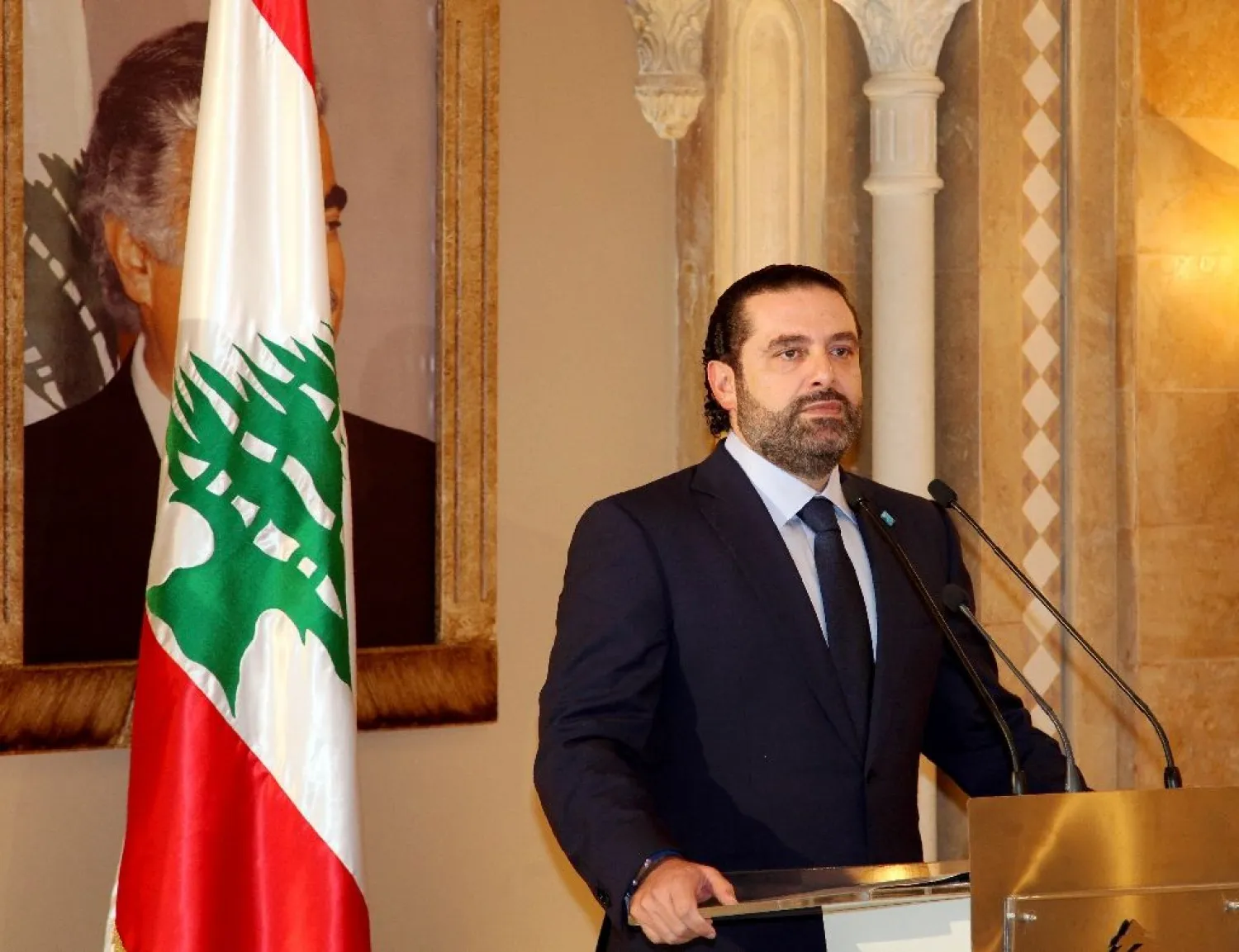Repeated warnings launched by Lebanese officials who cautioned from the collapse of a political settlement that brought Michel Aoun to the presidential seat and Saad Hariri to the Cabinet presidency were now a reality after the resignation of the prime minister last Saturday, putting President Aoun and his movement in a real impasse between Hezbollah, his ally, and the Future Movement.
It seems clear there is no possible government lineup in the near future that does not represent Hezbollah.
On Sunday, head of the Future Movement parliamentary bloc former Prime Minister Fouad Siniora directly lashed out at Hezbollah and the Free Patriotic Movement, considering that both parties had dealt with the settlement as “a weakness to achieve more political gains.”
Another official at the Future Movement, former MP Mustafa Alloush affirmed on Sunday that the political settlement has collapsed, adding that “confrontation was now conclusive.”
Amid those comments, head of the Free Patriotic Movement Foreign Minister Gebran Bassil was still hoping on Sunday to surpass the current crisis through wisdom, strength and unity. However, the foreign minister did not rule out the possibility that developments in Lebanon could extend to a crisis of governance. He also said that a possible war could be launched from the outside, adding that the crisis could also lead to an internal strife.
On the other hand, presidential sources refused on Sunday to speak about the collapse of the settlement, adding that it was still early to address such consequences.
The sources told Asharq Al-Awsat that “practical steps and serious initiatives might emerge to fix the situation.”
Asked about any possibility that Aoun changes his policies towards “Hezbollah,” or move towards forming a new government where the “party” is not represented, the sources said: “It is still early to speak about those issues.
Today, the concern of the President is to first and last safeguard national unity, which is never achieved by isolating this or that party.”
For his part, head of the Lebanese Forces Samir Geagea held “Hezbollah” responsible for the current crisis. The LF leader said he was surprised that Hariri did not resign earlier.









